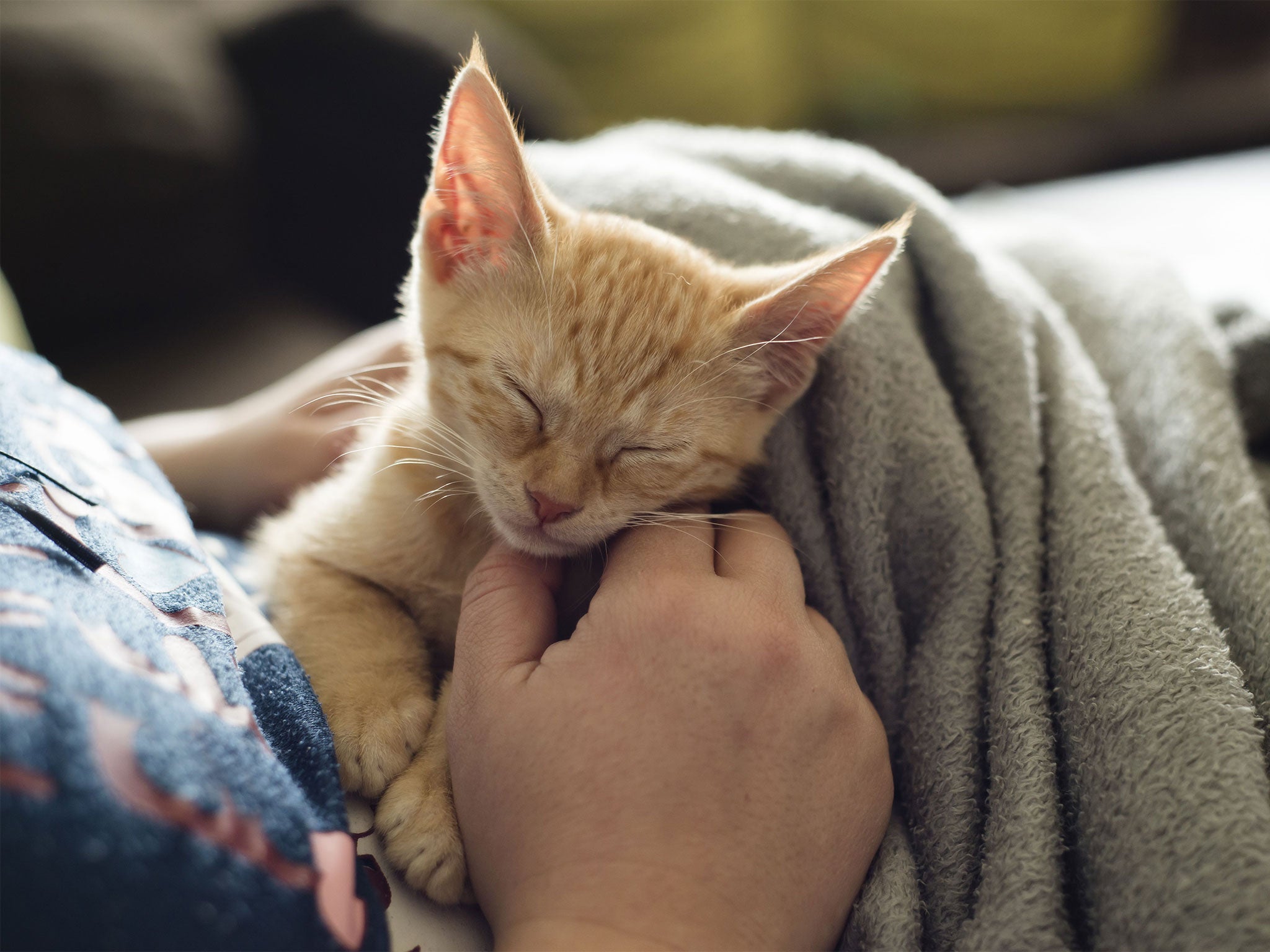Your cats don't care about you as much as you'd like to think
Study finds cats' affections don't appear to be based on a need for safety and security

Cats, you know 'em. They roam around your home aloof and determined to live how they please. The giving and receiving of affection takes place on their terms. Their rejection can make a pet owner, otherwise accustomed to the unconditional allegiance of a dog, feel like an emotionally needy human crying out, "Why won't you just love me?!"
Well, some new research from animal behavior specialists at the University of Lincoln and published in PLOS ONE this week sheds some light on cat independence.
Researchers found that domestic adult cats do not look to their human overlords as their primary source of security and safety, the way dogs do. However, the sample size was quite small in this study, with just 20 adult cats along with their owners participating.
Researchers adapted the Ainsworth Strange Situation Test, or SST, which has been used for years as a way to measure "secure attachment," such as the bond between children and their parents when in unfamiliar environments.
In this case, cats were placed in strange environments in the form of plain rooms. The cats were observed in the rooms by themselves, with their owners and with strangers. Researchers observed cats' passive behaviour, distress when an owner was absent and contact.
The cats were actually more vocal when their owners left than when the strangers did, but "we didn’t see any additional evidence to suggest that the bond between a cat and its owner is one of secure attachment," co-author and veterinary behavioral medicine professor Daniel Mills said in a statement.
"This vocalization might simply be a sign of frustration or learned response, since no other signs of attachment were reliably seen," Mills said. "In strange situations, attached individuals seek to stay close to their carer, show signs of distress when they are separated and demonstrate pleasure when their attachment figure returns, but these trends weren’t apparent during our research."
Cats are much more independent, autonomous creatures in strange situations than dogs, for whom owners "represent a specific safe haven" Mills said.
But the study authors didn't conclude that cats don't develop close relationships, just that they don't appear to be based on a need for safety and security. In this study, cats belonging to owners who said the pets were highly attached to them didn't really have different results than the other cats, Mills said.
The authors cite several possible reasons for cat independence. They haven't been domesticated for as long as dogs and weren't bred with the express purpose of living in close proximity to people. Cats' natural social structure isn't characterized by the same close bonds as dogs have. Cats and their owners generally don't interact as much or for as long as dogs do with their owners.
"These factors are likely to affect the nature of the relationship that typically forms between cat and owner, and make the formation of cat-human attachment unlikely," the authors write. "Nonetheless, some may be capable of forming very strong attachments, but this would not seem to be the norm."
Copyright: Washington Post
Join our commenting forum
Join thought-provoking conversations, follow other Independent readers and see their replies
Comments